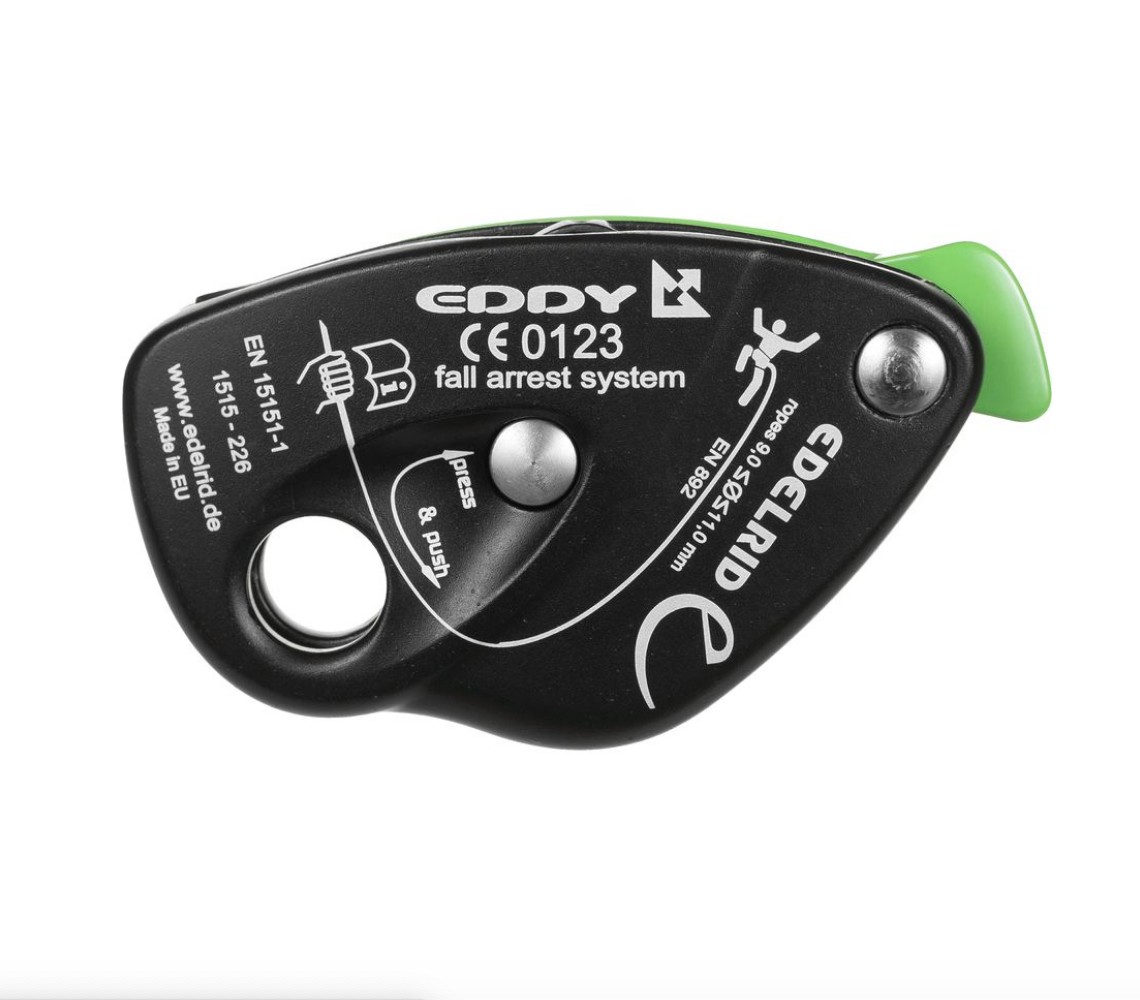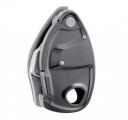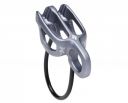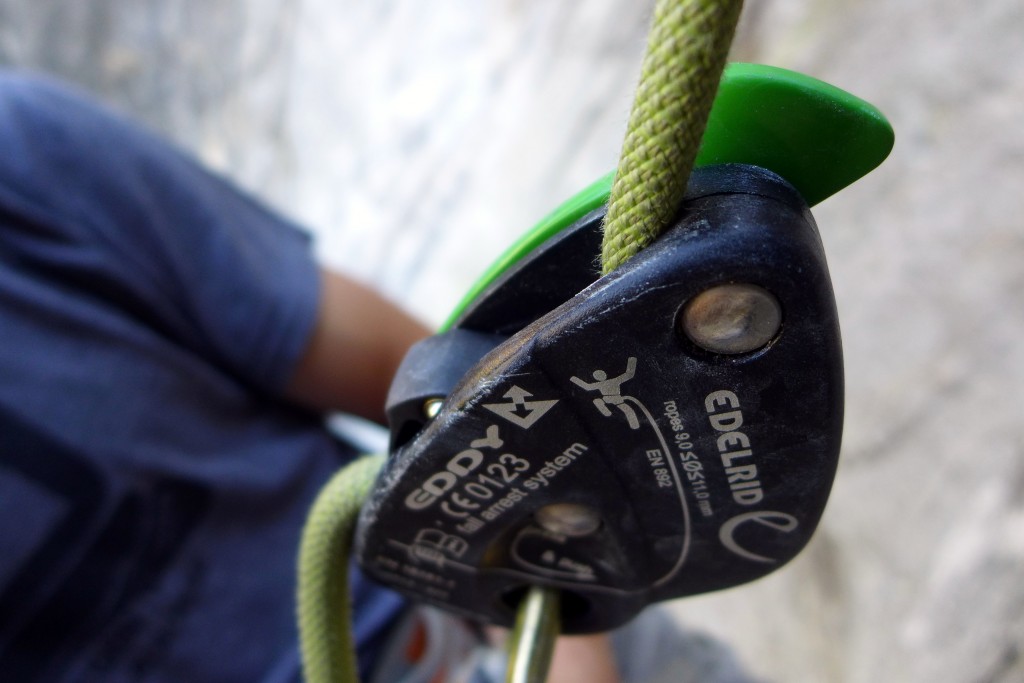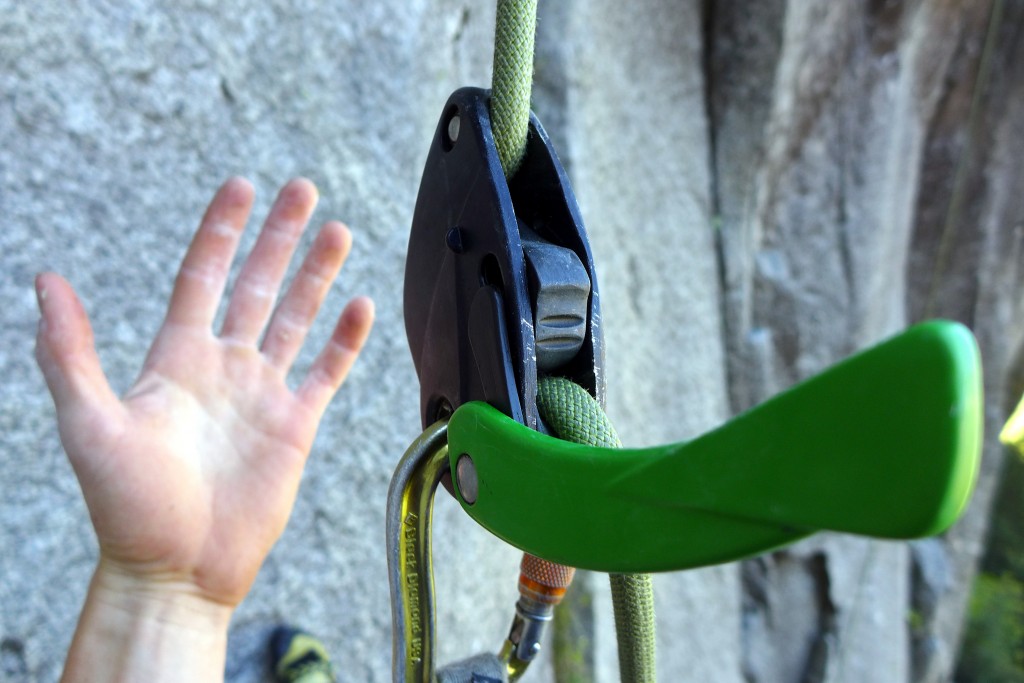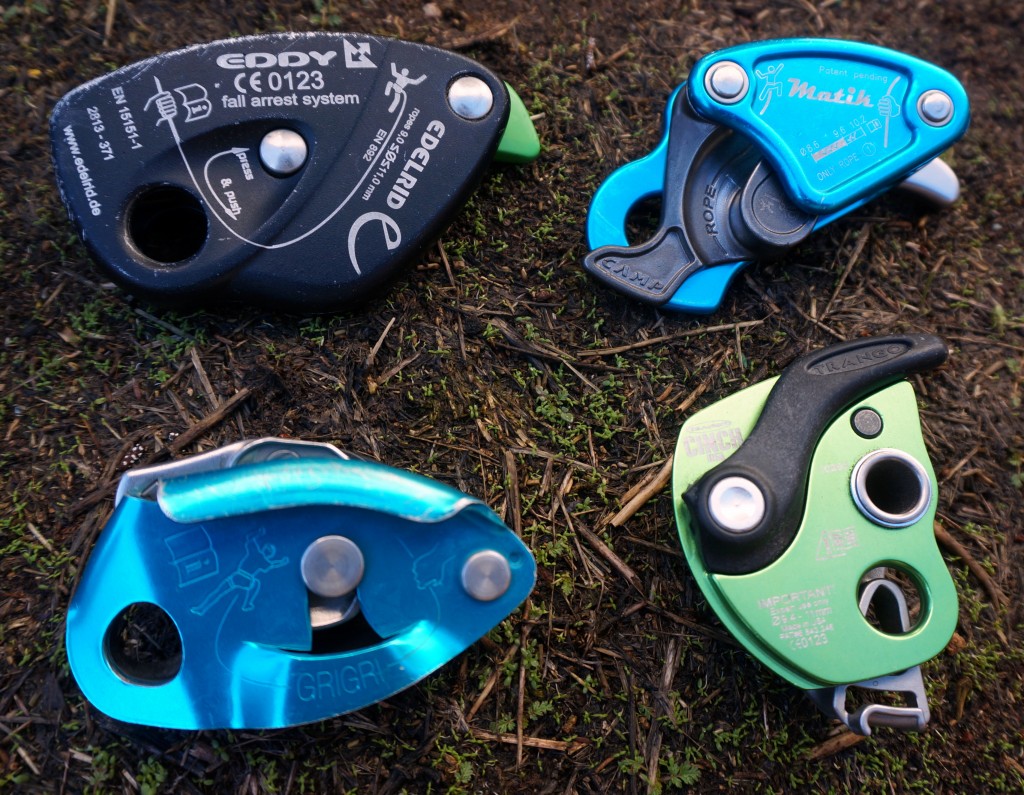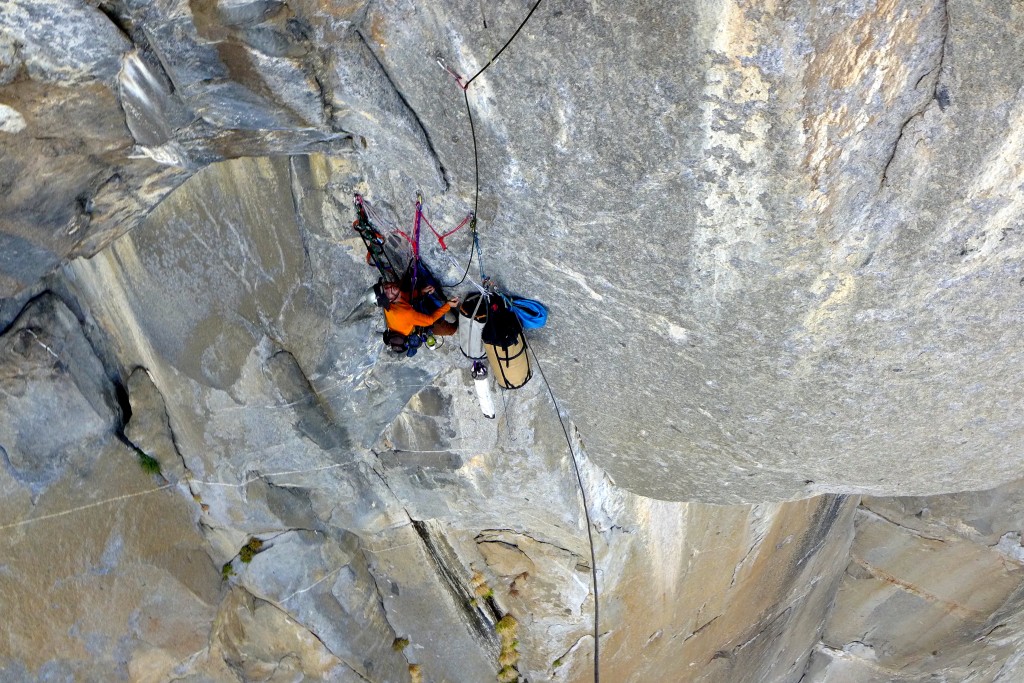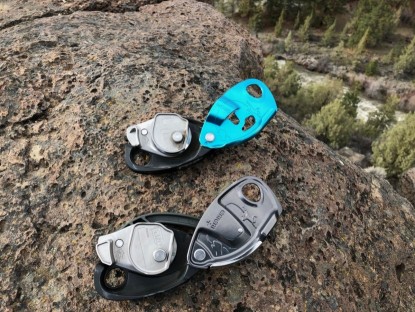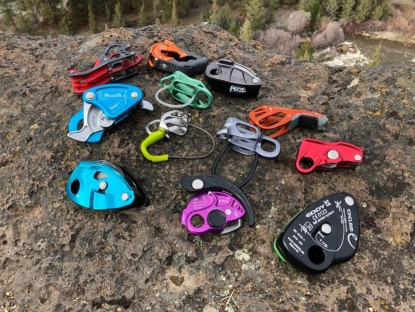Edelrid Eddy Review
Our Verdict
Compare to Similar Products
 This Product
Edelrid Eddy | |||||
|---|---|---|---|---|---|
| Awards | Best Overall for Experienced Climbers | Best for New Climbers | Excellent for Lead Belaying | Best Bang for the Buck | |
| Price | $149.95 at Backcountry Compare at 2 sellers | $99.85 at Amazon Compare at 3 sellers | Check Price at Backcountry Compare at 3 sellers | $100 List | $33.88 at Amazon Compare at 3 sellers |
Overall Score  |
|||||
| Star Rating | |||||
| Bottom Line | Ideal where weight is not a consideration | By far the most popular belay device in the world is also one of the very best | Versatile assisted braking device with well-designed safety features | The most ergonomic device for lead belaying, but it's not great for top-roping | Simple, durable, and optimal value for multi pitch climbs |
| Rating Categories | Edelrid Eddy | Petzl GriGri | Petzl GriGri+ | Trango Vergo | Black Diamond ATC G... |
| Catch and Bite (30%) | |||||
| Lowering and Rappelling (30%) | |||||
| Feeding Slack (20%) | |||||
| Weight and Bulk (10%) | |||||
| Auto Block (10%) | |||||
| Specs | Edelrid Eddy | Petzl GriGri | Petzl GriGri+ | Trango Vergo | Black Diamond ATC G... |
| Style | Active assisted braking | Active assisted braking | Active assisted braking | Passive assisted braking | Auto-block tube |
| Recommended Rope Diameter (Single) | 9 mm - 11 mm | 8.5 mm - 11 mm (optimized for 8.9 mm - 10.5 mm) | 8.5 mm - 11 mm (optimized for 8.9 mm - 10.5 mm) | 8.9 mm - 10.7 mm | 8.9 mm - 11 mm |
| Recommended Rope Diameter (Half) | N/A | N/A | N/A | N/A | 8.1 mm - 11 mm |
| Recommended Rope Diameter (Twin) | N/A | N/A | N/A | N/A | 8.1 mm - 11 mm |
| Weight (oz) | 12.8 oz | 6.3 oz | 7.1 oz | 7.1 oz | 2.8 oz |
| Double Rope Rappel? | No | No | No | No | Yes |
| Belay Off Anchor? | Yes | Yes | Yes | Yes | Yes |
| Assisted Braking? | Yes, active | Yes, active | Yes, active | Yes, passive | No |
Our Analysis and Test Results
The Edelrid Eddy is an active assisted braking belay device. Here is a link to the user manual for the Eddy, published by Edelrid. Be sure to read the manual to learn how to use the device, and please don't use the information published in this review as instruction.
Performance Comparison
Catch/Bite
The Eddy is approved for rope diameters between 9.0 and 11.0 mm. Within this range, it provides a reliable static catch using a cam that locks in place. Taking in more rope will release this cam, but to feed slack again, it has to be manually released. It's not much of an inconvenience, and our testers appreciated the confidence this locking mechanism inspired. The Eddy's orientation is opposite to that of the more popular GriGri, with the brake strand closer to the belayer's body and the climber strand exiting on the far side. We think this orientation makes the Eddy easier to use left-handed, though it's still not ideal because the lowering handle isn't ambidextrous.
Lowering/Rappelling
Many injuries have resulted from panicked belayers pulling back too hard on the handle of active-assisted locking devices and dropping their partners to the ground. To prevent this from happening the Eddy's lowering lever is designed to stop the rope when it's pulled too far. To lower a climber properly you have to keep the lever in a half-way position where rope will feed but the device won't lock. Although this is a safety feature that could prevent injuries with beginner belayers, some of our experienced testers were frustrated by the narrow range of the lowering “sweet spot.” While the Petzl GriGri+ had a slightly less sensitive lever, the Eddy's sweet spot is larger than the Camp Matik.
The Eddy is the smoothest device we tested at lowering with large ropes (>10.5 mm). On some beat up, stiff, static lines we tried rappelling, the Eddy was the only assisted locking device that actually allowed us to descend.
Feeding Slack
Feeding slack with the Eddy is both better and worse than with the GriGri. Better because you can pull the rope through the device faster than the with GriGri, making it easier to keep pace with a leader. But worse because when you do pull too fast, the cam locks in place and won't let you feed anymore until you manually release it. This can create bad short roping issues when the leader unexpectedly jerks the rope, the device locks, and the belayer struggles to release the cam.
Weight/Bulk
At 13.0 ounces, the Eddy is the heaviest belay device we tried and more than 30% heavier the second heaviest. It's also huge, bigger than any other device we tried. On your screen, these 4oz/1 inch differences might not sound significant, but they're impossible to miss with all the devices actually in hand.
Auto-block (resistance belaying a second)
When belaying a follower directly off an anchor, the Eddy offered relatively low resistance, thereby saving a climber's elbows when belaying many pitches in a day in this mode. It was bested, though, by the other active assist devices we tested it against. That said, the Eddy is much easier to belay with from above than popular and less expensive auto-block options.
Value
The Eddy is one of the more expensive belay devices in this review, although is a bargain compared to some of the other active assist devices. If you are truly in the market for one of these devices, then it provides adequate value, and the cost should not be the factor that scares you away. However, there are many other compelling reasons to choose a different active assist device.
Conclusion
There was a time when the Edelrid Eddy created real competition with the original Petzl GriGri. However, with the introduction of the newest devices and as rope diameters have steadily decreased, that is no longer true. Today, the Eddy feels overpriced, overweight, and outmatched in a field of belay devices that has grown lighter and smoother each passing year.


